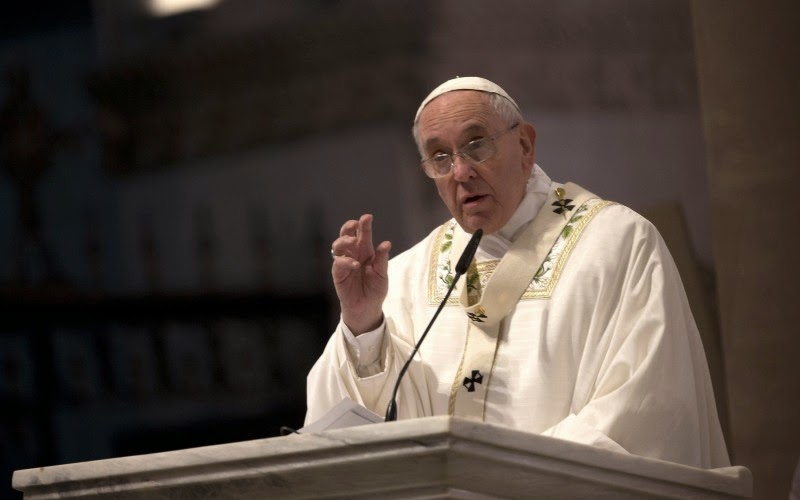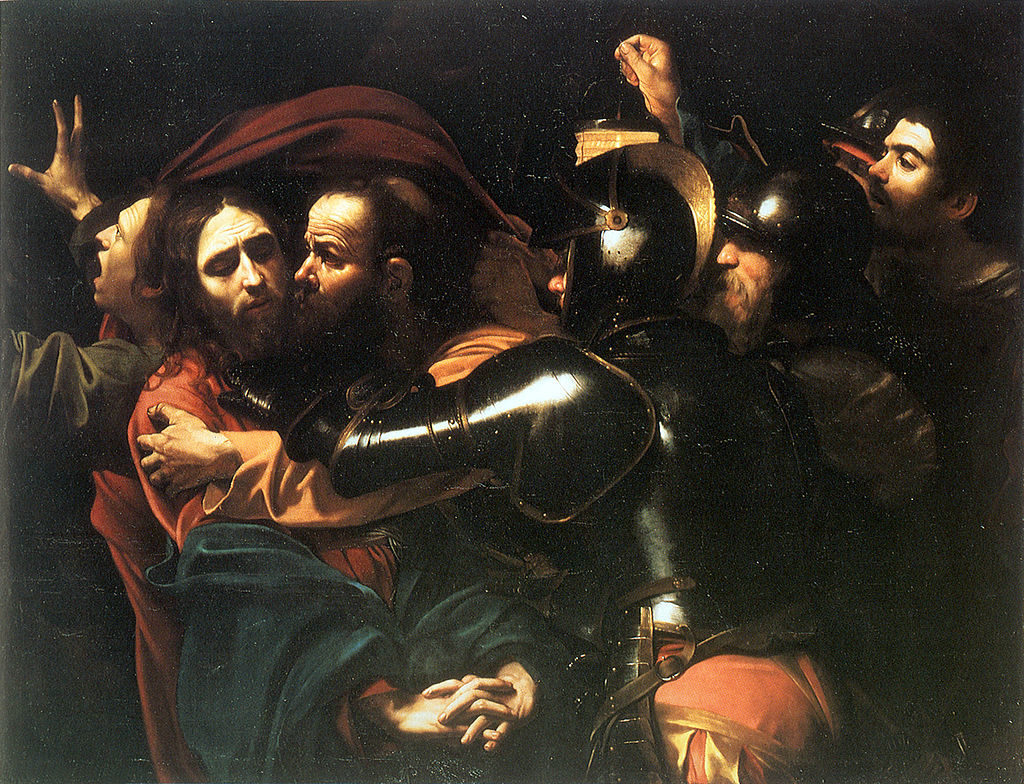Gifts of the Holy Spirit: Wisdom
With the conclusion of the Easter season and now well into the Octave of Pentecost, I want to explore the gifts of the Holy Spirit and how they relate to various Rosary mysteries. As you know, I love making connections between various pillars of the Catholic Faith and the Rosary. The Rosary, after all, embodies […]
Gifts of the Holy Spirit: Wisdom Read More »










